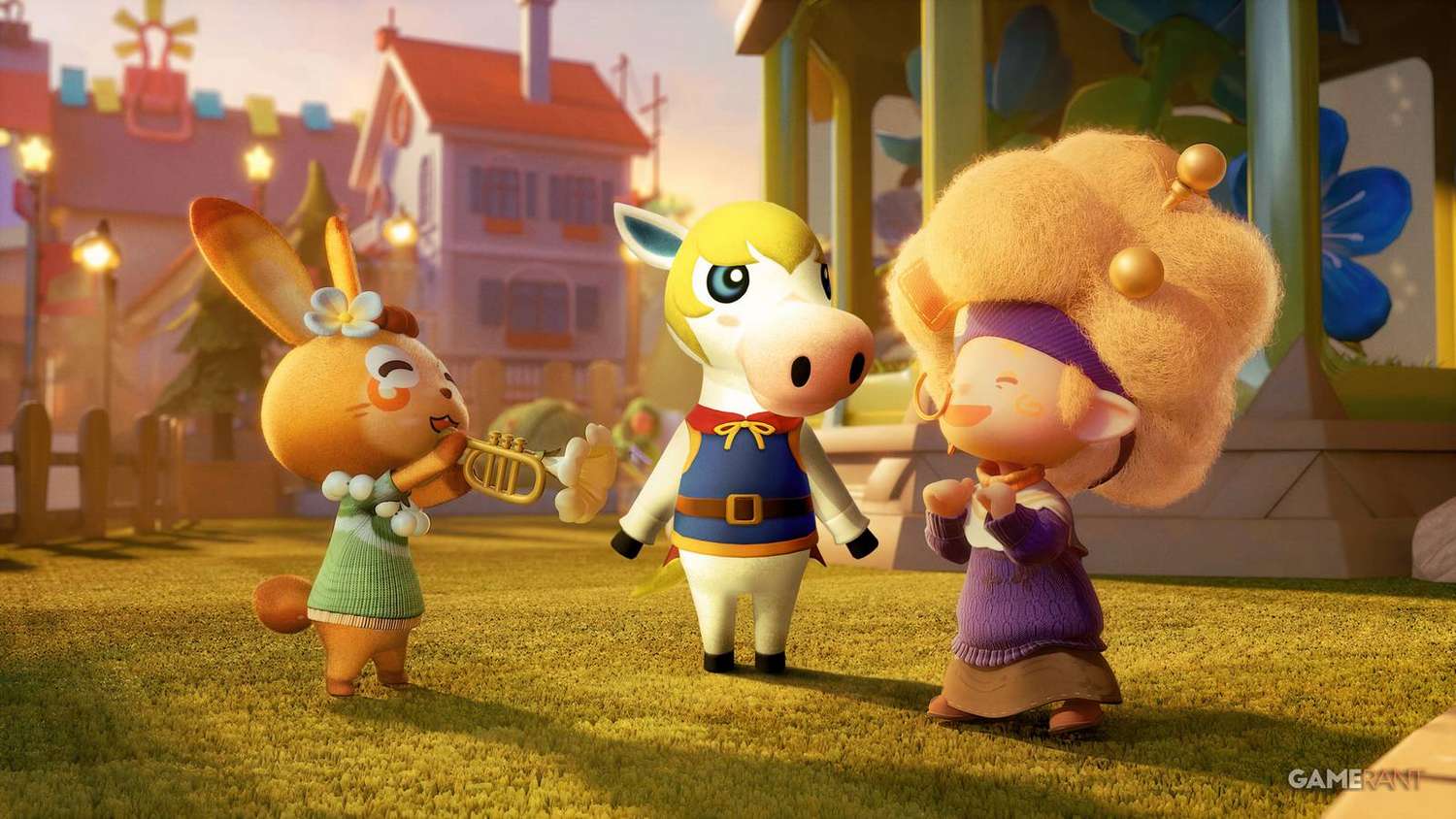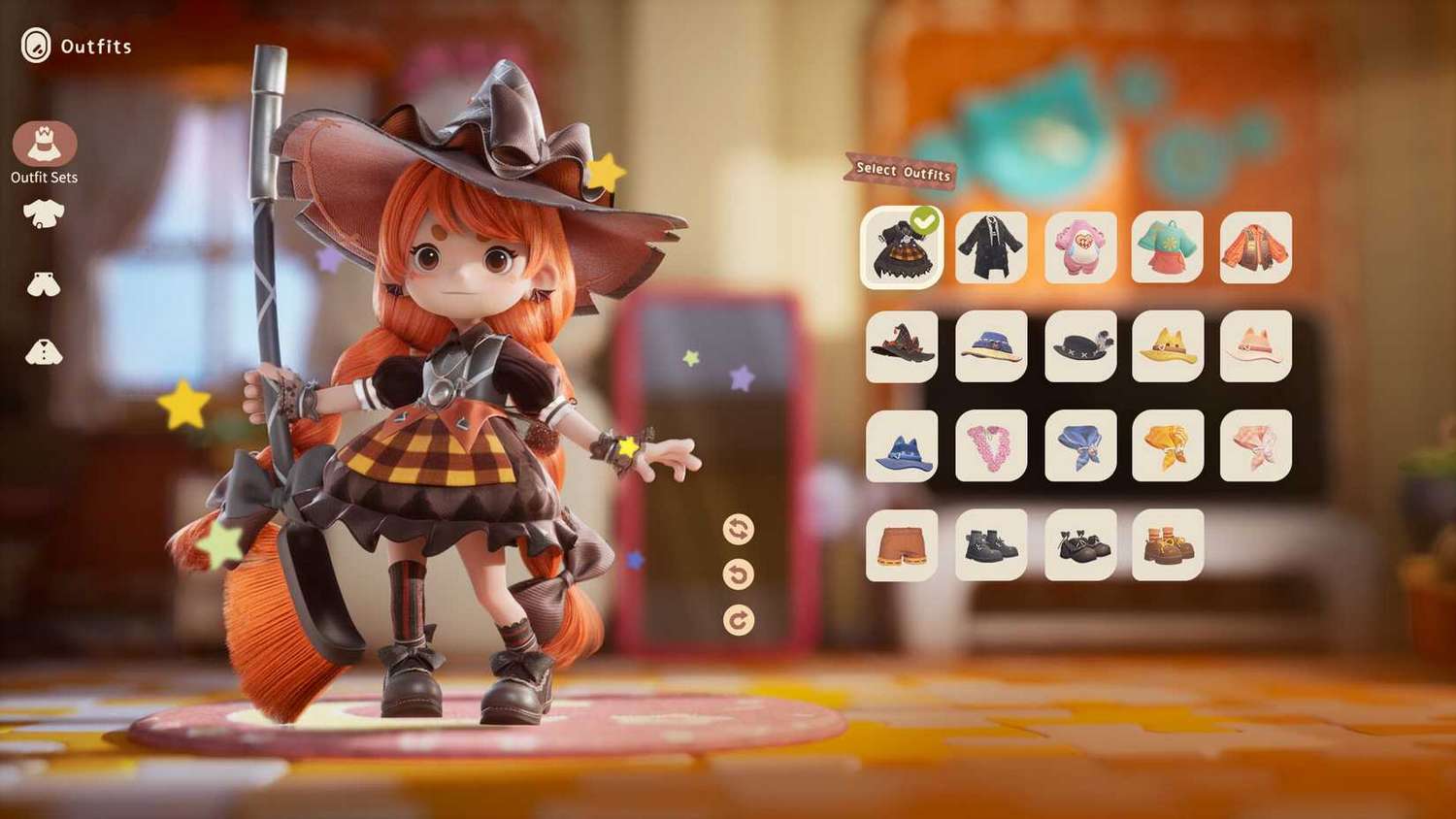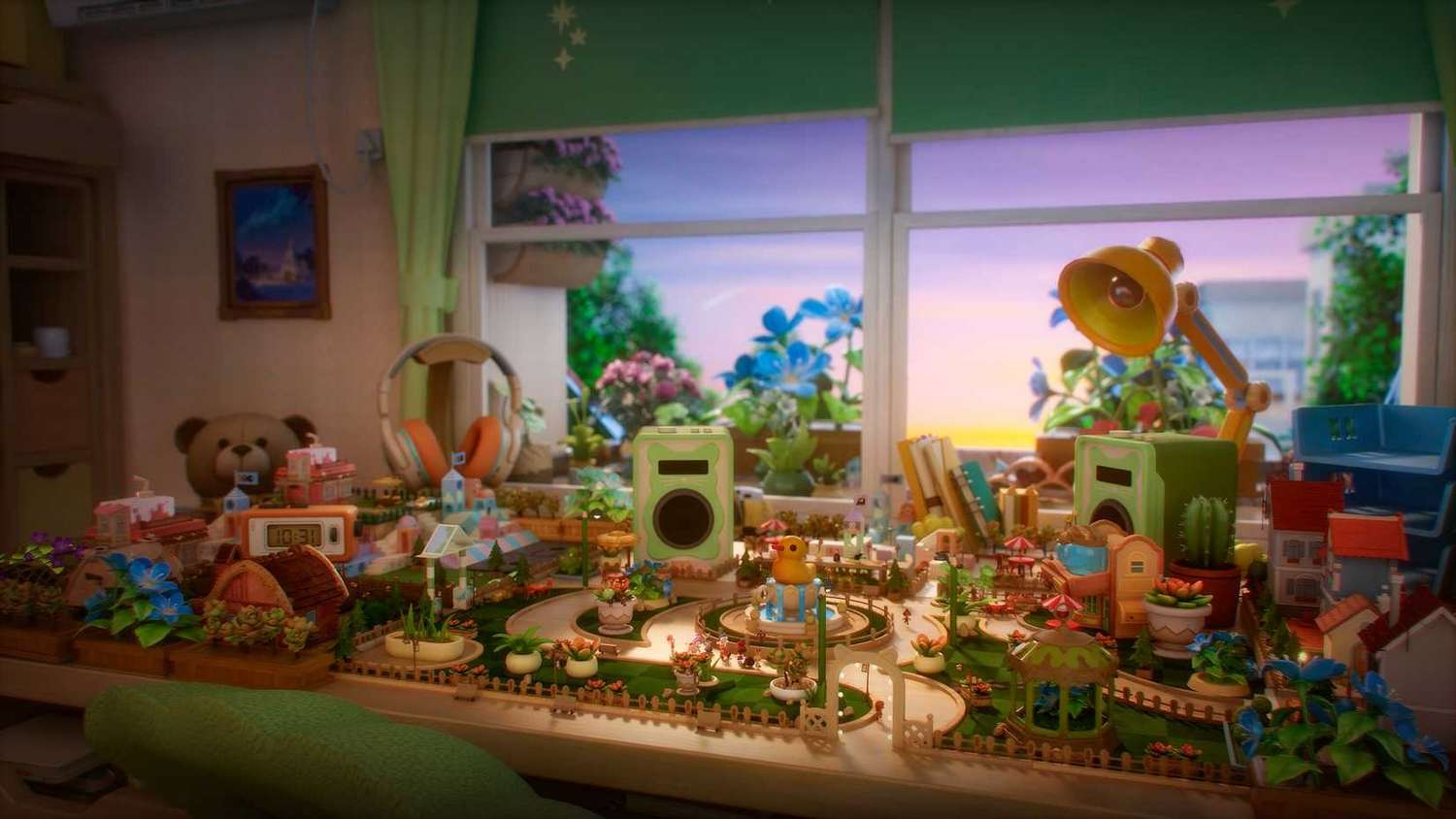The Cozy Contender: HoYoverse’s Petit Planet Poised for a Galactic Showdown with Nintendo’s Juggernaut
Popular Now
 League of Legends
League of Legends
 Stumble Guys
Stumble Guys
 Fall Guys
Fall Guys
 Genshin Impact
Genshin Impact
 Rust
Rust
 PUBG Mobile
PUBG Mobile
 Free Fire
Free Fire
 Fortnite
Fortnite
 NBA 2K24
NBA 2K24
 FIFA 23
FIFA 23
 For years, Nintendo’s Animal Crossing franchise, especially the monumental success of New Horizons on the Switch, has been the undisputed champion of the cozy life simulation genre. The charm, the real-time clock mechanics, and the near-limitless customization have created a loyal, almost cult-like following. However, the gaming landscape of late 2025 is undergoing a rapid transformation, and a major new challenger is not just knocking on the door—it’s preparing to colonize the entire galaxy. That challenger is Petit Planet, a newly announced title from gaming titan HoYoverse, the developer behind the high-value behemoths Genshin Impact and Honkai: Star Rail.
For years, Nintendo’s Animal Crossing franchise, especially the monumental success of New Horizons on the Switch, has been the undisputed champion of the cozy life simulation genre. The charm, the real-time clock mechanics, and the near-limitless customization have created a loyal, almost cult-like following. However, the gaming landscape of late 2025 is undergoing a rapid transformation, and a major new challenger is not just knocking on the door—it’s preparing to colonize the entire galaxy. That challenger is Petit Planet, a newly announced title from gaming titan HoYoverse, the developer behind the high-value behemoths Genshin Impact and Honkai: Star Rail.
The title of “Animal Crossing Killer,” a high cost-per-click (CPC) term, has been prematurely assigned to numerous charming indie games like Disney Dreamlight Valley, Hello Kitty Island Adventure, and even the upcoming Fantasy Life i: The Girl Who Steals Time. While these titles offer compelling alternatives, none have possessed the universal reach, platform accessibility, or most critically, the massive free-to-play business model of a HoYoverse production. This is the new variable that puts Petit Planet in a league of its own, setting the stage for a dramatic market collision.
The Unprecedented Threat: F2P Model vs. Premium Price Tag
The core of the competitive threat posed by Petit Planet lies in its fundamental business strategy, a model that has allowed HoYoverse to dominate the global mobile and PC gaming markets. Animal Crossing: New Horizons is a premium, full-price Nintendo Switch exclusive, a barrier to entry that requires both the console purchase and the game itself. Petit Planet, by contrast, is confirmed for PC and Mobile with “more platforms in development” (Source: HoYoverse Press Release, September 2025), and is almost certain to follow HoYoverse’s successful free-to-play (F2P) structure. This difference is a game-changer for market penetration.
Imagine the following scenario:
- Nintendo’s Model: Requires purchase of hardware (Switch/potential Switch 2) and a full-priced game ($59.99+). Target audience is primarily dedicated Nintendo fans.
- HoYoverse’s Model: Zero barrier to entry on two of the world’s most accessible platforms (PC/Mobile). The monetization is focused on cosmetic items, unique planet themes, and resource acceleration—all optional, non-essential purchases.
 The immediate and vast reach of a multi-platform, free-to-play title fundamentally broadens the audience far beyond the typical Nintendo ecosystem. This move transforms the competition from a niche battle for Switch owners to a global fight for all gamers interested in the life simulation and creative expression genre. It’s an astute strategy for seizing a dominant market share from a long-reigning, platform-exclusive title.
The immediate and vast reach of a multi-platform, free-to-play title fundamentally broadens the audience far beyond the typical Nintendo ecosystem. This move transforms the competition from a niche battle for Switch owners to a global fight for all gamers interested in the life simulation and creative expression genre. It’s an astute strategy for seizing a dominant market share from a long-reigning, platform-exclusive title.
Gameplay Innovation: The Cosmic Life Sim Redefining Customization
Beyond the business model, early trailers and developer insights suggest that Petit Planet is not merely a reskinned Animal Crossing. Instead of a single island or town, players are given a whole planet to cultivate, terraform, and customize. This “cosmic life sim” approach offers a scale of customization that attempts to outstrip New Horizons’ renowned terraforming features. Key gameplay elements announced include:
- Galactic Neighbors: Moving beyond a small town, players can visit other player-created planets across the galaxy, promising a much more robust and expanded multiplayer experience than the current Animal Crossing format.
- Deep Planet Customization: The player’s planet, powered by a core resource named “Luca,” allows for massive environmental changes and the construction of entire space colonies, effectively merging the creative freedom of the sandbox genre with the relaxing pace of a cozy game.
- New Animal-Like Companions: The game features adorable, fluffy “Neighbors” and a collectible aspect reminiscent of Pokémon or Ooblets, providing an additional high-engagement loop beyond the core decoration and farming.
The blend of the established cozy game loop (fishing, collecting, crafting, decorating) with a futuristic, space-faring twist provides a fresh aesthetic that can appeal to players who might find the quaintness of a village or tropical island too limiting. The developer’s pedigree in designing engaging live-service content for years suggests that Petit Planet will receive consistent, high-quality content updates, a crucial factor in maintaining player retention and a strong counterpoint to the more spaced-out updates of a traditional console title.
 The Verdict: A Serious Challenge to the Animal Crossing Throne
The Verdict: A Serious Challenge to the Animal Crossing Throne
While Nintendo can rely on the immense legacy and built-in goodwill of the Animal Crossing brand, the market reality of 2025 dictates a new competitive landscape. The emergence of a high-production value title like Petit Planet from a studio with a proven track record in F2P monetization and live-service content presents the most significant, credible threat to Nintendo’s dominance in the life sim genre since the original launch of Stardew Valley.
For gamers, this is unequivocally good news. Increased competition in the cozy gaming market forces innovation, leading to richer content, more accessible platforms, and ultimately, a better overall experience. Whether Petit Planet completely dethrones the reigning king remains to be seen, but its arrival marks the end of Nintendo’s comfortable monopoly. Investors and gaming analysts are keenly watching this space, as the performance of this high-stakes title could be a bellwether for the future of cozy games across all platforms.
The battle for the definitive life-sim experience has officially gone interstellar.







